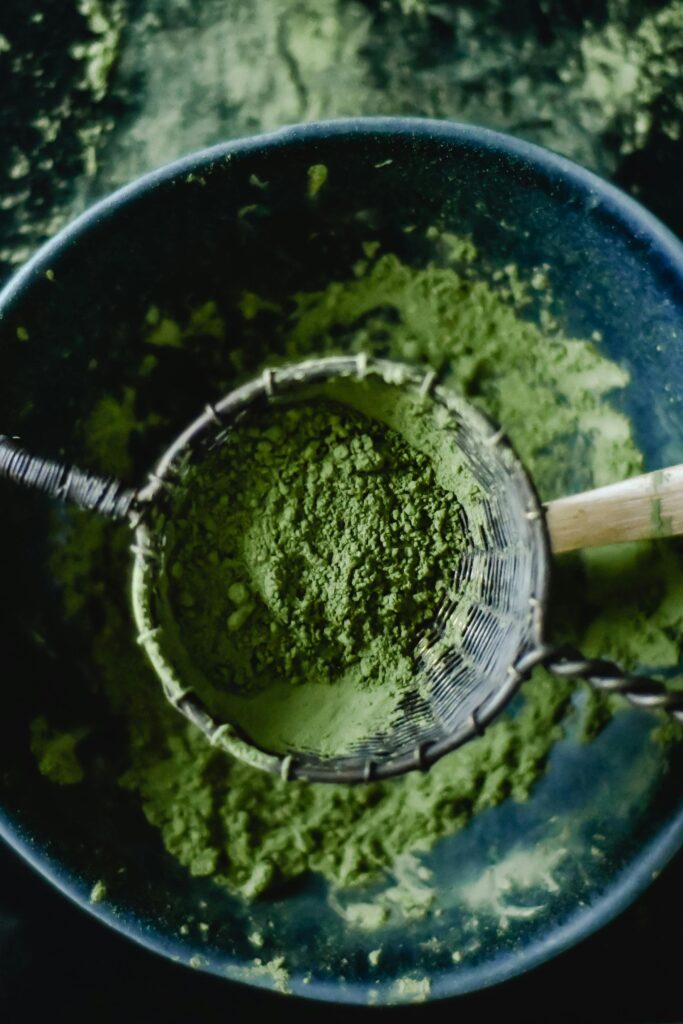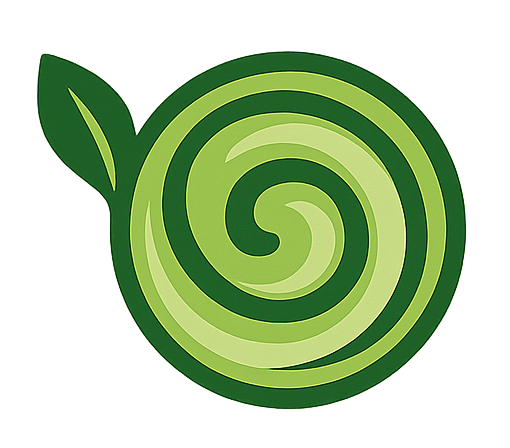Are you a Matcha seller? Join as a Vendor
ISO 22000 is an international food safety management standard updated in 2018 that helps matcha producers control hazards and ensure safe products worldwide.
There are no results matching your search
There are no results matching your search Reset filters?
ISO 22000 is a food safety management standard that integrates HACCP principles with systematic risk management across the entire food chain. This internationally recognized standard helps organizations establish, implement, and maintain effective food safety controls from farm to table. With over 30,500 certificates issued globally across 152 countries, it’s become the go-to framework for ensuring food safety and building consumer trust.
The standard operates on a Plan-Do-Check-Act cycle and combines three key elements: prerequisite programs, hazard analysis with critical control points, and interactive communication throughout the supply chain. Organizations must establish prerequisite programs covering basic hygiene, infrastructure maintenance, pest control, and supplier management. The hazard analysis component requires identification and assessment of biological, chemical, and physical hazards specific to each product and process.
ISO 22000 demands documented procedures for operational prerequisite programs and critical control points where monitoring prevents or reduces food safety risks. The framework includes mandatory traceability systems, emergency preparedness procedures, and continuous monitoring with corrective actions when control limits are exceeded.
Companies work with accredited certification bodies through a structured audit process that begins with documentation review and pre-assessment. The full certification audit examines system implementation, employee competence, and record-keeping practices. Surveillance audits occur annually, with full recertification required every three years.
Implementation typically costs USD 3,500-5,000 for small to medium companies, including training, documentation, infrastructure upgrades, and certification fees. The process involves gap analysis, system design, employee training, internal audits, and management reviews. Organizations must maintain detailed records of monitoring activities, verification procedures, and corrective actions taken when deviations occur.
Research shows ISO 22000 implementation reduces food safety incidents while improving operational efficiency and market access. Companies report enhanced customer satisfaction, streamlined internal procedures, and increased sales opportunities. The standard enables integration with ISO 9001 quality management and ISO 14001 environmental systems, reducing audit redundancy.
For specialty food manufacturers, ISO 22000 provides structured approaches to controlling product-specific hazards like chemical residues, microbial contamination, and allergen management. The framework’s flexibility allows customization of prerequisite programs and control measures based on unique processing requirements and risk profiles.
The standard applies across diverse food chain segments, from agricultural producers to retail establishments. Major companies like Danone have certified over 30 facilities, while small enterprises use ISO 22000 to access new markets and demonstrate safety commitments to buyers.
Implementation challenges include employee training needs, documentation complexity, and ongoing maintenance costs. However, organizations consistently report improved safety culture, better supplier relationships, and enhanced regulatory compliance. The standard’s risk-based approach helps companies focus resources on the most critical food safety hazards while building systematic approaches to continuous improvement.





Join our mailing list to receive updates and exclusive tips.
There are no results matching your search